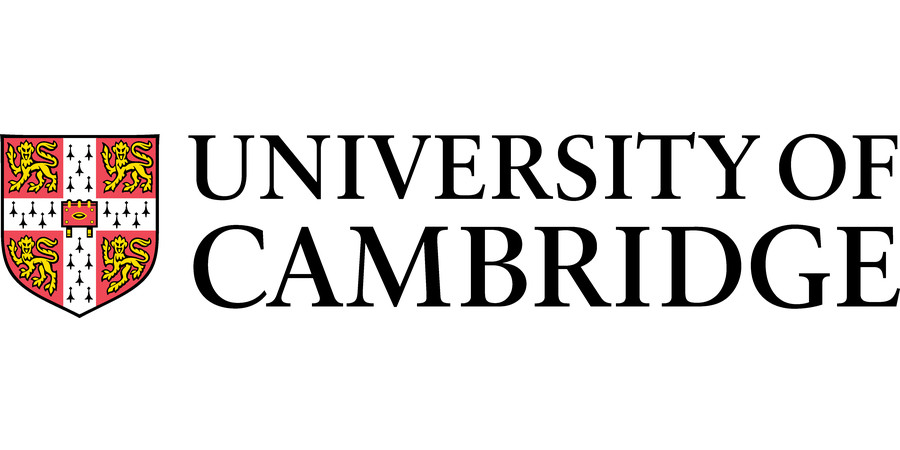PhD Studentship: Hydrogenation of algal lipids to produce Sustainable Aviation Fuels (SAFs)
University of Cambridge - Department of Chemical Engineering and Biotechnology
| Qualification Type: | PhD |
|---|---|
| Location: | Cambridge |
| Funding for: | UK Students, EU Students, International Students |
| Funding amount: | Fully funded - covering student's stipend and tuition fees at the UK rate. |
| Hours: | Full Time |
| Placed On: | 18th October 2024 |
|---|---|
| Closes: | 3rd December 2024 |
| Reference: | NQ43672 |
A fully funded PhD studentship is available under the supervision of Dr Ewa Marek, with a start date of 1 October 2025. Funding will cover the student's stipend and tuition fees at the UK rate. Non-UK applicants will be considered only if they can fund the overseas fees differential or if they are awarded a suitable scholarship.
Background:
The EU has set a highly ambitious goal to increase the share of SAFs in the aviation industry from 2% in 2025 to 64% by 2050. Microalgae can play a critical role in meeting this fuel target, but the commercialisation of biofuels from microalgae has been hampered by systemic and technological limitations. This PhD will address the current problems in the hydrogenation of algal lipids. The work will be embedded and supported by the EU/UKRI-funded project SusAlgaeFuel. Besides producing SAFs, SusAlgaeFuel aims to develop a range of innovative approaches based on waste treatment, digital sensors, cascading biorefinery, and multifunctional catalysts to enable a more sustainable and cost-competitive production of microalgae aviation fuels. Thus, this PhD is a perfect opportunity to participate in a multifaceted research project, collaborating with 8 project partners.
Objectives:
The conversion pathways for algae lipids to HEFA-SPK will be investigated experimentally, developing a novel, algae-specific bifunctional catalyst for hydrogenation reactions. The overarching ambition of this project is to characterise the algae lipid-to-HEFA conversion process and understand the catalytic mechanisms that promote the production of SPK-desired C9-C15 alkanes from algal feedstocks. This will be achieved by analysing high-granularity experimental data obtained for varied feedstock composition/catalyst/support combinations in a single- and two-step process approach. The innovative nature of this research promises to make a significant impact in the field of sustainable aviation fuels.
The experimental work will require building new experimental facilities and modernising our existing bench-top micro-reactors (Autoclave Engineers BTRS and Carberry Spinning Basket), followed by extensive experimental campaigns. The composition of the collected SPK samples will be assessed with GC and LC/MS, with results assessed using Machine Learning- algorithms for future predictions and process optimisations. Results from small-scale experiments will identify the best process parameters and catalysts for HEFA-SPK from the algal feedstock. The final part of this work will focus on scaling up the catalytic process to a lab pilot, producing 1 kg of HEFA-SAF.
For full information on the Department's entry requirements for our PhD and information on how to apply, please see: https://www.jobs.cam.ac.uk/job/48760/
Please quote reference NQ43672 on your application and in any correspondence about this vacancy.
The University actively supports equality, diversity and inclusion and encourages applications from all sections of society.
The University has a responsibility to ensure that all employees are eligible to live and work in the UK.
Advert information
Type / Role:
Subject Area(s):
Location(s):









